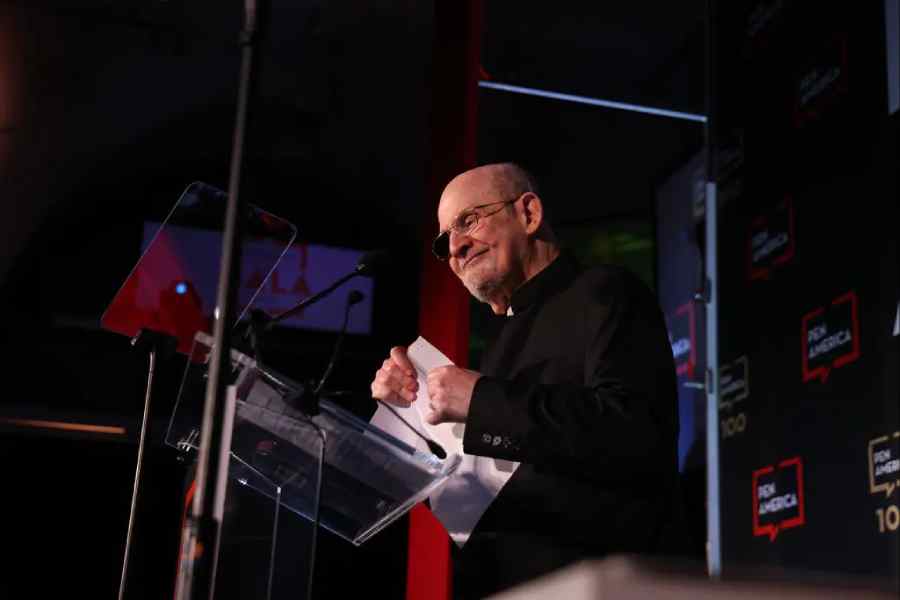The world seems to be regressing to infancy. It has forgotten freedom of choice; it is also scared of hurting others or being hurt by the language and expressions of books from the past. They would rather have faceless authorities remove possible sources of injury than reject the books containing them. Like children, they must have their cake and eat it too. But they can always choose not to read what they dislike. Although this is not exactly what Salman Rushdie said during his acceptance of the Freedom to Publish award in the British Book Awards ceremony earlier this week, this absurd scenario could, excusably, be inferred from his criticism of the ‘bowdlerisation’ of works by authors such as Roald Dahl and Ian Fleming. Mr Rushdie did say that trying to infuse political correctness into James Bond, the iconic hero of Ian Fleming’s most widely read books, was almost comical. Bond’s bravado and outrageousness in action, behaviour and expression are what make him who he is — exceptional, even addictive — to his many fans.
Mr Rushdie suggested that readers who did not feel comfortable with a book should read something else. That is, they can choose: nobody can stop them. Literature is of its time and from its time; books from the past cannot be altered to suit the tastes of a later readership. This is an assault on the spirit of literature, art and creativity through the ages. It is also as foolish an attempt to change history as the erasures and additions made in Indian history textbooks by the ruling government. The larger canvas in which such bowdlerisations are now taking place is the gradual squeezing of the freedom of expression. For Mr Rushdie, this is now affecting the West as never before in his lifetime — Russia and China and even India in some cases had it earlier. The freedom to publish would include the freedom to write and read whatever one chooses and to publish even those works most difficult to do so because of external pressures.
Few can symbolise the fight for freedom of expression — and publication — than an author who lost an eye in an attack by a fanatic. And this happened in a rare appearance after years of an anonymous existence because of a fatwa against him. Salman Rushdie’s message had a special resonance for India, for he advised publishers to ‘resist’ the forces that urged changes for the sake of political correctness. Some Indians might hear this as resistance to changes, deletions and fairy tales for the sake of politics. The freedom to produce and publish, to choose and judge, is the right as well as the inbuilt inclination of any civilised society. The surrender to an acknowledged power — of dominant opinion or ideology — is a sign of regression, of the failure of human achievement. Bowdlerisation is just a part of this engulfing failure.










